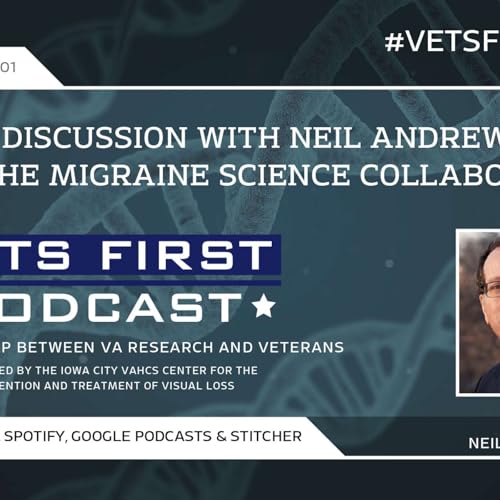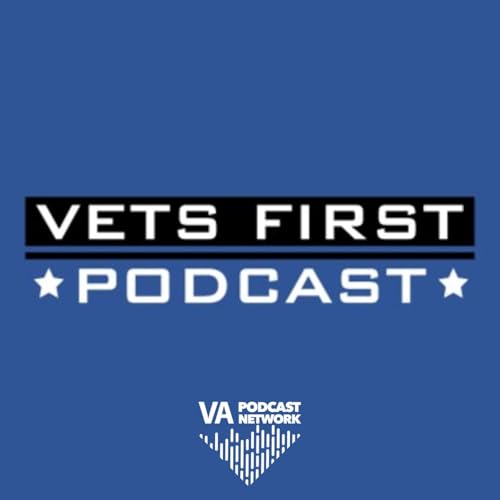In this episode of the Vets First Podcast, hosts Dr. Levi Sowers and Brandon Rea interview Dr. Steven Fliesler, a SUNY Distinguished Professor at the University of Buffalo and a career scientist at the VA in Buffalo, New York. Dr. Fliesler holds positions as an endowed Chair of Ophthalmology and Director of Research in the Department of Ophthalmology.
Dr. Fliesler was born and raised in New York and moved to California at the age of 15. He attended the College of San Mateo, the University of California in San Diego, and the University of California Berkeley during his undergraduate education and later obtained his PhD in Biochemistry at Rice University. During his time at Rice, his professor in neurobiology needed someone, particularly a chemist, to give a lecture about the chemistry of vision. This led Dr. Fliesler to an opportunity at the Baylor College of Medicine, where he did a postdoctoral fellowship in the Department of Ophthalmology. From there, he has distinguished himself in research and teaching within the vision field and has since been interested in research towards helping Veterans with mild traumatic brain injury (TBI).
Throughout this episode, Dr. Fliesler discusses how he started researching TBI and why it interests him. First, he talks about what inspired him to enter blast injury research and highlights his collaboration with one of his colleagues. He then talks about utilizing animal models to better understand visual abnormalities found in trauma patients at the VA and converses about the methodology he used to quantify the visual effects of TBI, both behaviorally and physiologically.
Later, Dr. Fliesler further describes his exploration into blast research with a professor at the University of Buffalo. He comments on the effects of auditory blasts that cause trauma in mice and how that affects visual function. Then, he discusses the various mechanisms that causes visual deficits and how it is important to understand in the context of TBI in order to rescue visual impairments. Finally, he hypothesizes on how the human body reacts to TBI.
If you are a Veteran or you know a Veteran needing help with visual loss, contact the Visual Impairment Services Team coordinator at your nearest VA medical center or contact the Blind Rehabilitation Service Program by phone which can be found here. There are 13 Blind Rehabilitation Centers around the country, which can help with things like mobility, communication, and living with vision loss.
 48 m
48 m 47 m
47 m 41 m
41 m May 26 202346 m
May 26 202346 m 37 m
37 m 36 m
36 m 39 m
39 m 38 m
38 m
